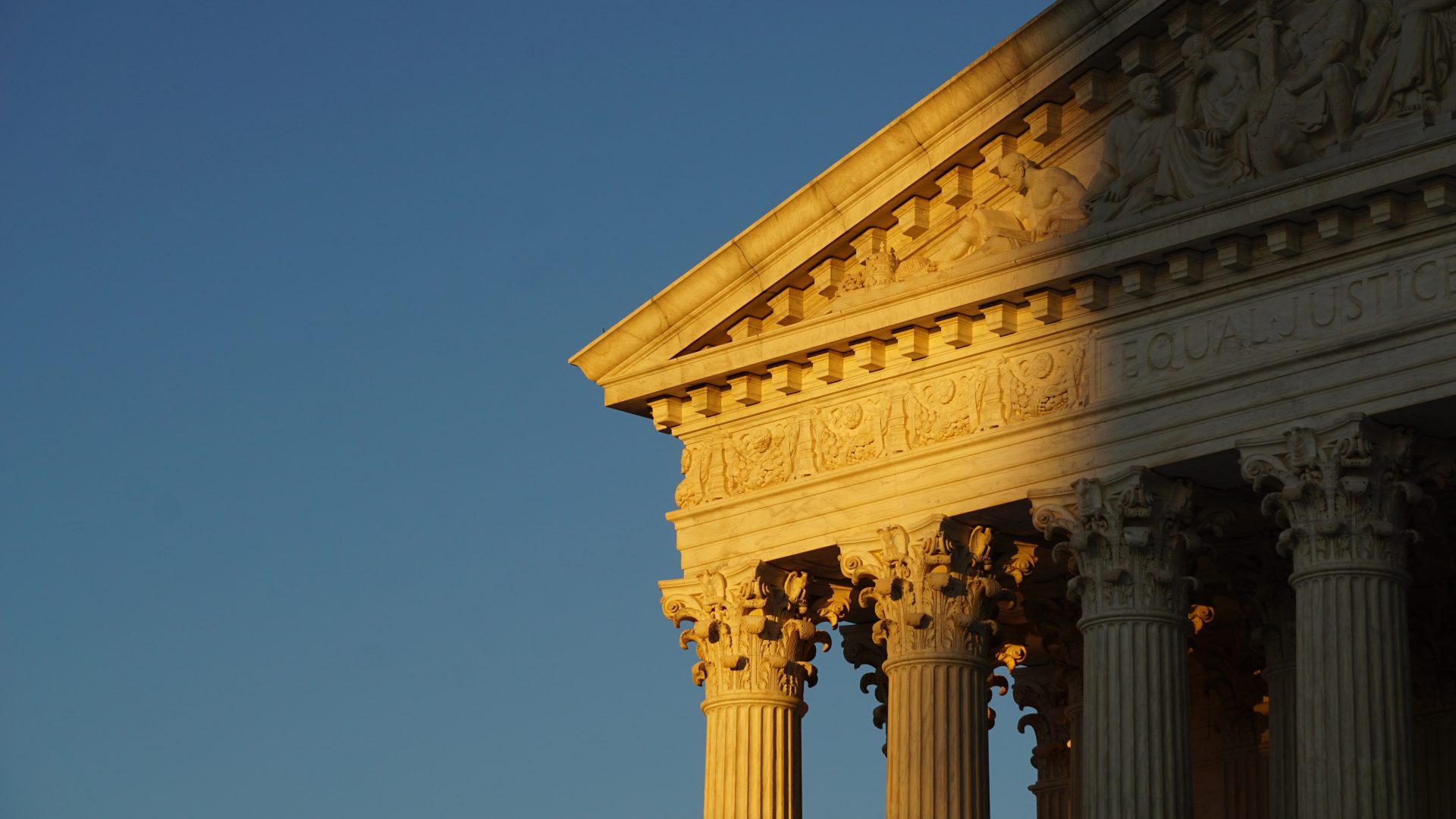The Supreme Court has recently made a significant decision in the long-standing legal battle between X Corp., formerly known as Twitter, and the US government. In the case of X Corp. v. Garland, the Court declined the petition filed by Twitter, leaving them with a ruling from March 2023 that the First Amendment does not protect the social media platform from limitations on reporting national security demands. This ruling has raised concerns among civil liberties organizations, who argue that it sets a disappointingly low bar for censorship.
The Background
Twitter initially filed a lawsuit in 2014, a year after whistleblower Edward Snowden exposed details of extensive secret surveillance conducted by US telecoms. In response to these revelations, social networks were granted the option to report the number of demands made by agencies like the Federal Bureau of Investigation (FBI). However, due to government nondisclosure requirements, these numbers could only be reported in broad ranges. Twitter sought to publish the exact number of requests it received within a six-month period, contending that the redactions demanded by the FBI exceeded the limits of the First Amendment.
Court Disagreements
Courts have largely disagreed with Twitter’s arguments. In March, a panel of the Ninth Circuit Court of Appeals concluded that while “Twitter has a First Amendment interest in commenting on matters of public concern involving national security subpoenas,” their request to publish exact numbers “would risk making foreign adversaries aware of what is being surveilled and what is not being surveilled.” The American Civil Liberties Union (ACLU) expressed disappointment and concern over this decision, asserting that it conflicts with Supreme Court precedent and could potentially enable broad restrictions on speech related to government interactions. Twitter, at the time owned by billionaire Elon Musk, also argued to the Supreme Court that this ruling would undermine previous First Amendment precedents.
Twitter’s Legal Battles
This is not the first time Twitter, formerly X Corp., has been involved in legal disputes concerning government demands and surveillance. In a separate case, Twitter v. Taamneh, the Supreme Court ruled that the social network had not aided and abetted terrorists by failing to ban their accounts. Since rebranding as X Corp., the company has been engaged in a fight against state-level internet regulation. Simultaneously, it has also filed lawsuits to legally suppress criticism of its platform.
Congressional Debates
While Twitter’s legal battles continue, Congress has postponed the debate over reauthorizing key portions of the US surveillance apparatus. This delay suggests that the contentious issue will be revisited later this year, reigniting a heated and ongoing debate.
The Supreme Court’s rejection of Twitter’s First Amendment case has significant implications for user data transparency and the limitations placed on reporting national security demands. Civil liberties organizations argue that this ruling sets a disappointing precedent for censorship, while the government contends that revealing specific numbers could compromise national security efforts. As the legal battles continue, it remains to be seen how the balance between transparency and security will be struck.
See first source: The Verge
FAQ
What is the recent Supreme Court decision in the case of X Corp. v. Garland?
The Supreme Court declined the petition filed by X Corp., formerly known as Twitter, in the case of X Corp. v. Garland. This decision upholds a ruling from March 2023, which stated that the First Amendment does not protect Twitter from limitations on reporting national security demands.
What was the background of the legal battle between X Corp. and the US government?
The legal battle dates back to 2014 when Twitter filed a lawsuit seeking to publish the exact number of national security demands it received. These demands were subject to government nondisclosure requirements, leading Twitter to argue that the redactions demanded by the FBI violated the First Amendment.
Why did Twitter want to publish the exact number of national security requests it received?
Twitter sought to provide transparency by publishing the exact number of national security requests it received within a six-month period. The company believed that the redactions imposed by the FBI went beyond the limits of the First Amendment.
What were the court disagreements in the case?
Courts largely disagreed with Twitter’s arguments. In March, the Ninth Circuit Court of Appeals concluded that Twitter’s request to publish exact numbers could risk making foreign adversaries aware of surveillance activities. This decision was met with disappointment and concern from civil liberties organizations, including the ACLU.
How has Twitter, now X Corp., been involved in other legal battles concerning government demands and surveillance?
Twitter has a history of legal battles related to government demands and surveillance. In a separate case, Twitter v. Taamneh, the Supreme Court ruled that Twitter had not aided and abetted terrorists by failing to ban their accounts. Additionally, the company has been engaged in fights against state-level internet regulation and has filed lawsuits to suppress criticism of its platform.
What is the status of the congressional debate related to US surveillance apparatus reauthorization?
Congress has postponed the debate over reauthorizing key portions of the US surveillance apparatus. This delay indicates that the contentious issue will be revisited later in the year, sparking renewed debates on the topic.
What are the implications of the Supreme Court’s rejection of Twitter’s First Amendment case?
The Supreme Court’s decision has significant implications for user data transparency and the limitations placed on reporting national security demands. Civil liberties organizations argue that it sets a disappointing precedent for censorship, while the government contends that revealing specific numbers could compromise national security efforts.
How will the balance between transparency and security be determined as legal battles continue?
The balance between transparency and security will remain a subject of ongoing debate as legal battles persist. The outcome will depend on future court rulings, congressional decisions, and the evolving landscape of national security and civil liberties.
Featured Image Credit: Photo by Ian Hutchinson; Unsplash – Thank you!










